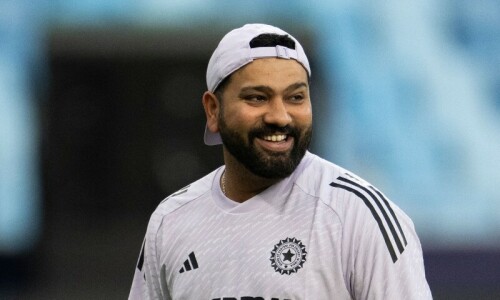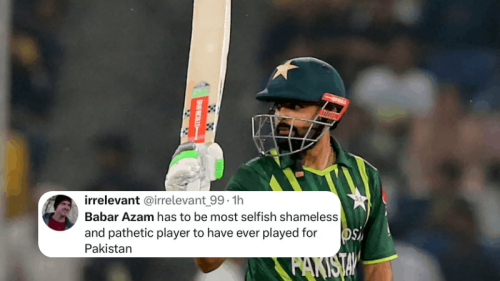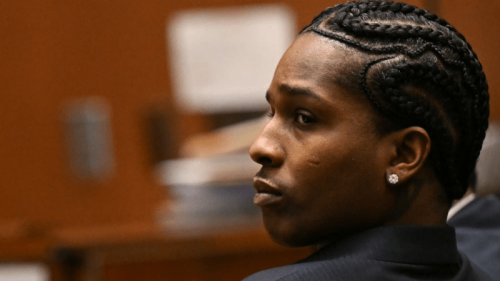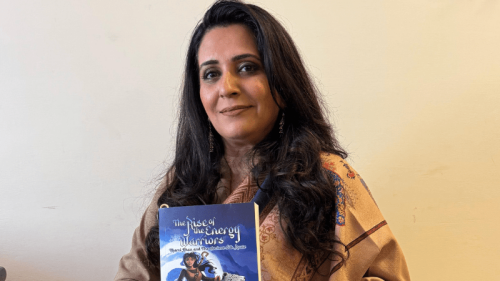
ISLAMABAD: The all-party conference which brought under one roof on Thursday politicians of diverse hues, some of them always at daggers drawn, resolved to lay stress on peace and negotiations, instead of military operation.
While the military leadership, including the ISI chief Lt General Shuja Pasha, reportedly rubbished the allegations levelled recently by some top US officials, a 13-point resolution adopted by the conference said Pakistan must initiate dialogue with a view to negotiating “peace with our own people in the tribal areas” and should put in place a proper mechanism for this.
The resolution, signed by leaders of all political parties attending the conference, didn’t mention the Haqqani network that has been called a ‘veritable arm’ of the ISI by US Joint Chiefs of Staff Chairman Adm Mike Mullen nor did it make any direct reference to the US pressure on Pakistan to take military action against the Haqqanis.
But in an obvious reference to the tough posture adopted by a section in the US administration it said that as a peace-loving country Pakistan desired to establish and maintain friendly and cordial relations with all countries of the world on the basis of sovereign equality, mutual interest and respect.
Prime Minister Yousuf Raza Gilani who had convened the conference set its tone with a categorical declaration that Pakistan was in no position to accept the ‘do more’ dictation. He said: “Our national interest must be respected and honoured. And Pakistan cannot be pressured to do more.”
PML-N chief Nawaz Sharif put some tough questions to the military leadership. He said the country had increasingly become isolated in the world and there must be some reason for that, sources quoted him as saying at the in-camera meeting.
Mr Sharif said the country’s foreign and defence policies were being run by some people in disregard of parliament which should have discussed and formulated them.
During the question-answer session, the PML-N leader asked military officials why was the entire world pointing fingers at Pakistan’s conduct vis-à-vis its role in Afghanistan. He wondered whether regular drone attacks and the killing of Osama bin Laden in Abbottabad didn’t violate national sovereignty.
He said the government should put everything on record in parliament to take the masses into confidence over the country’s tense ties with the US.
He also expressed concern over rampant corruption which, he said, was leading the country nowhere.
Referring to the charter of democracy, Mr Sharif said he still believed in the document which if implemented in letter and spirit could have put the country on the right track.
Mahmood Khan Achakzai, President of the Balochistan-based Pakhtunkhwa Milli Awami Party, questioned the role of ISI in dealing with the Afghan crisis and said if the agency wanted to bring peace to the war-ravaged country it could do it within one month, he was quoted by private TV channels as saying.
The sources said that ISI Director General Lt-Gen Ahmed Shuja Pasha in his presentation explained to the participants the presence of various militant factions operating in the Pak-Afghan border region, who were hostile to Pakistan.
He said the Haqqani network was open to negotiations and, therefore, instead of taking it head on the Americans should focus on dialogue for a lasting peace in Afghanistan.
He rejected a perception that the ISI was working with the Haqqanis in Afghanistan.
The military leaders wanted the APC to send a strong message to the US, but cautioned against taking the situation to a point of no return in relations with the US.
Foreign Minister Hina Rabbani Khar, who had returned to the country on Wednesday night after delivering a speech at the UN General Assembly session, briefed the conference on her meetings with the officials, including Secretary of State Hillary Clinton.
Pakistan Tehrik-i-Insaaf Chairman Imran Khan told newsmen after the meeting that the entire political leadership of the country had decided to give peace a chance in the region because there had been enough use of military power, but to no avail.
Answering a question, he said that as far as the joint resolution was concerned it depended on the government whether its provisions would be implemented or not.
About the Haqqani network, he said it had many factions in Afghanistan and the Americans were just using its name to make Pakistan a scapegoat for their defeat in the region.
Sheikh Rashid of Awami Muslim League told newsmen that the APC had been informed that the country had nothing to do with the militant wing of the Haqqani network, but expressed the desire to hold talks with its political wing.
Answering a question, he said the final resolution was an amended version, not the one which the government had prepared and presented to the APC.
There were reports that it took three to four hours to prepare an agreed draft. Hardliners attending the conference wanted a direct reference made to the US for having levelled allegations against the army, but an agreement was reached to adopt a moderately worded resolution.
In his speech, the prime minister called for adherence to the principle of sovereign equality and mutual respect in inter-state relations, making a clear reference to the increasing American pressure on his government.
Towards the end of his remarks, Mr Gilani said: “Our channels of communication remain open as we are reaching out to the international community.”
Former military general Talat Masood said both the government and the military wanted to defuse the crisis. He said the APC was intended to send a strong signal from the country’s political parties that they stood united behind the military.
Two main parties of the troubled Balochistan province – Balochistan National Party-Mengal and National Party – boycotted the event, saying that they could not attend the conference in which the Balochistan issue would not be discussed.












































Dear visitor, the comments section is undergoing an overhaul and will return soon.